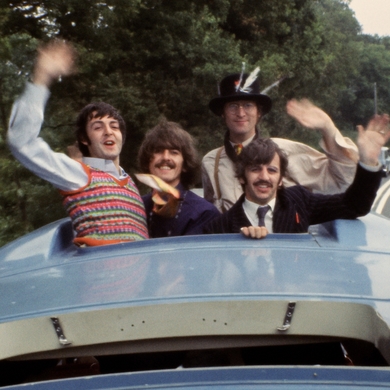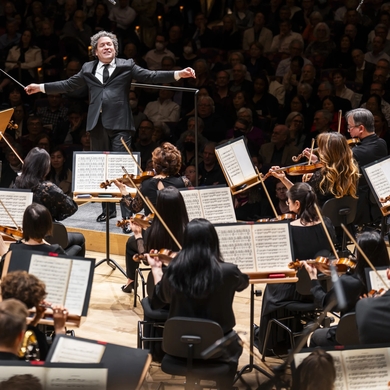This business of parentheses in titles of operas about trail-blazing computer scientists—it’s becoming a thing. The (R)evolution of Steve Jobs—libretto by Mark Campbell, music by Mason Bates—has been doing well around the country. Now, hot on its heels, comes The Life and Death(s) of Alan Turing, libretto by David Simpatico, music by Justine F. Chen. Jobs had his demons, as we know. Turing, who cracked Nazi Germany’s “Enigma” code and thereby saved England from the enemy U-boats, had his homosexuality. After the war, offered his choice between incarceration and chemical castration, he chose the latter and was found poisoned with a cyanide-laced apple close at hand. Fantasies of Snow White? Or was the apple a McGuffin? The jury is out, but “The Alan Turing Law,” enacted more than a half century later by the British Parliament, exonerates all those punished under the Handmaid’s Tale-style “Gross Indecency” law. That’s the same one that torpedoed Oscar Wilde decades before Turing. Wilde, though, was spared the injections. —Matthew Gurewitsch
Arts Intel Report
The Life and Death(s) of Alan Turing, by Justine F. Chen

A poster for The Life and Death(s) of Alan Turing.
When
Mar 23–25, 2023



